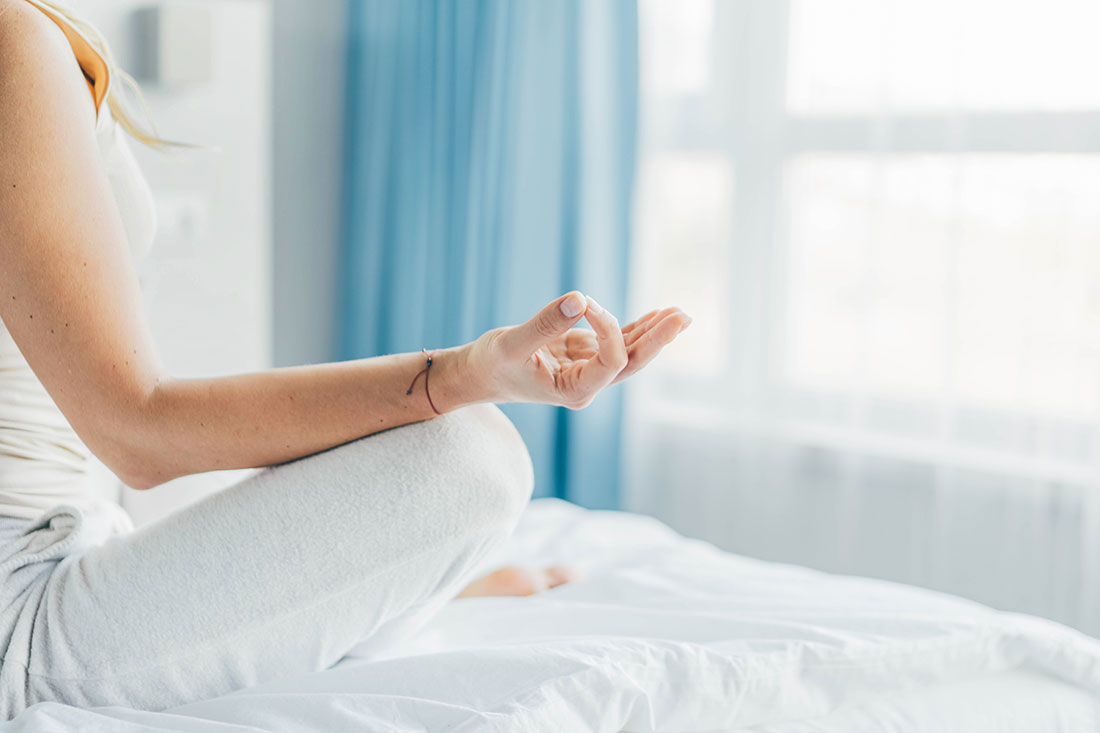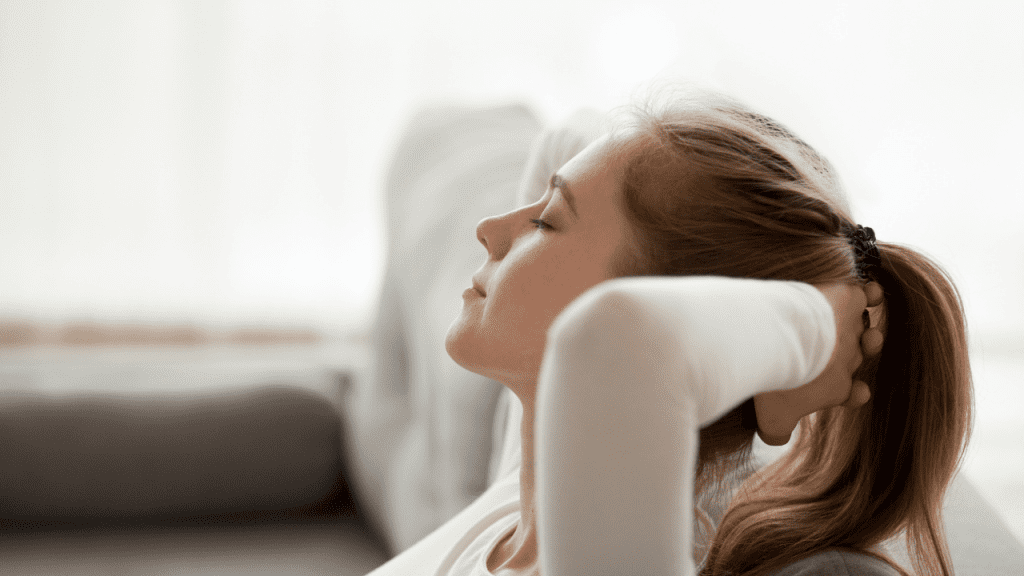Simple Techniques for Instant Calm
In today’s fast-paced world, stress has become a common part of our lives. Whether it’s due to work pressures, personal challenges, or everyday responsibilities, stress can take a toll on our physical and mental well-being. While it’s important to address the root causes of stress, it’s equally crucial to have effective techniques for quick stress relief in the moment. In this article, we will explore simple and practical strategies that can provide instant calm and help you manage stress on a daily basis. By incorporating these techniques into your routine, you can find moments of tranquility and regain a sense of balance, even in the midst of a hectic day.

Understanding Stress and its Impact
Before delving into quick stress relief techniques, it’s important to understand the nature of stress and its impact on our well-being. Here are key points to consider:
- What is Stress: Stress is the body’s natural response to demands and pressures, both external and internal. It triggers a physiological and psychological reaction that prepares us to face challenges.
- Effects of Chronic Stress: Prolonged or chronic stress can have detrimental effects on our health, including increased risk of physical and mental health issues such as heart disease, anxiety, depression, weakened immune system, and sleep disturbances.
- The Importance of Stress Management: Managing stress is crucial for maintaining optimal well-being. It allows us to respond to life’s challenges more effectively, enhances resilience, and promotes overall health and happiness.
Quick Stress Relief Techniques
Having a repertoire of quick stress relief techniques can help you manage stress in the moment and regain a sense of calm. Here are simple and effective techniques to try:
- Deep Breathing: Deep breathing is a powerful technique that can quickly calm your nervous system. Take slow, deep breaths, inhaling through your nose and exhaling through your mouth. Focus on the sensation of your breath filling your abdomen and releasing tension with each exhale.
- Progressive Muscle Relaxation: This technique involves systematically tensing and releasing different muscle groups to promote relaxation. Start with your toes and work your way up, tensing each muscle group for a few seconds before releasing the tension. Pay attention to the sensations of relaxation as you release the tension.
- Mindfulness Meditation: Mindfulness meditation involves bringing your attention to the present moment without judgment. Find a quiet space, close your eyes, and focus on your breath or a specific sensation in your body. Allow your thoughts to come and go without getting caught up in them. This practice can help bring a sense of calm and clarity to your mind.
- Guided Imagery: Guided imagery involves visualizing calming and peaceful scenes or situations. Close your eyes and imagine yourself in a serene environment, such as a beach or a lush forest. Engage all your senses in this visualization, imagining the sounds, smells, and sensations of the peaceful setting.
- Physical Activity: Engaging in physical activity, even for a few minutes, can help release tension and boost endorphins, which are natural mood-boosting chemicals in the body. Take a brisk walk, do a few stretching exercises, or dance to your favorite music.
- Laughter Therapy: Laughter has a powerful stress-relieving effect. Watch a funny video, read a joke, or spend time with people who make you laugh. Laughter triggers the release of endorphins and promotes relaxation.
- Listening to Music: Music has a soothing effect on the mind and body. Listen to calming music or songs that resonate with you. Focus on the melodies and let the music transport you to a more relaxed state.
- Scented Aromatherapy:
Certain scents have calming properties. Experiment with essential oils such as lavender, chamomile, or bergamot. Diffuse them in your living space or apply a drop to your wrists or temples for a quick dose of relaxation.

III. Incorporating Stress Relief into Daily Life
While quick stress relief techniques can provide immediate relief, it’s also important to incorporate stress management into your daily life for long-term well-being. Here are strategies for integrating stress relief into your routine:
- Prioritize Self-Care: Make self-care a priority in your daily life. Set aside time for activities that bring you joy and relaxation, such as reading, taking a bath, practicing hobbies, or spending time in nature. Taking care of yourself will recharge your energy and reduce stress levels.
- Practice Time Management: Effective time management can help reduce stress. Prioritize tasks, break them down into manageable steps, and delegate when possible. Avoid overcommitting yourself and learn to say no when necessary.
- Healthy Lifestyle Habits: Adopting a healthy lifestyle can enhance your ability to cope with stress. Eat a balanced diet, get regular exercise, prioritize sleep, and limit the consumption of stimulants like caffeine and alcohol.
- Maintain Supportive Relationships: Cultivate and maintain strong relationships with family and friends. Social support is essential for stress management. Share your feelings and concerns, seek guidance, and lend support to others.
- Establish Boundaries: Set boundaries in your personal and professional life. Learn to say no to requests that overwhelm you and protect your time and energy. Prioritize activities that align with your values and bring you fulfillment.
- Practice Gratitude: Cultivate a gratitude practice by regularly acknowledging and appreciating the positive aspects of your life. This can shift your focus from stressors to the things you are grateful for, promoting a more positive outlook.
- Seek Professional Help if Needed: If stress becomes overwhelming or significantly affects your daily functioning, seek professional help. Mental health professionals can provide guidance, therapy, and support tailored to your specific needs.
In our fast-paced world, quick stress relief techniques are invaluable for managing stress on a daily basis. By incorporating these techniques into your routine and adopting healthy lifestyle habits, you can find moments of tranquility and regain a sense of balance, even in the midst of a hectic day. Remember, stress is a part of life, but how we respond to it matters. Taking the time to prioritize your well-being, practice self-care, and implement stress relief strategies will contribute to your overall health and happiness.


